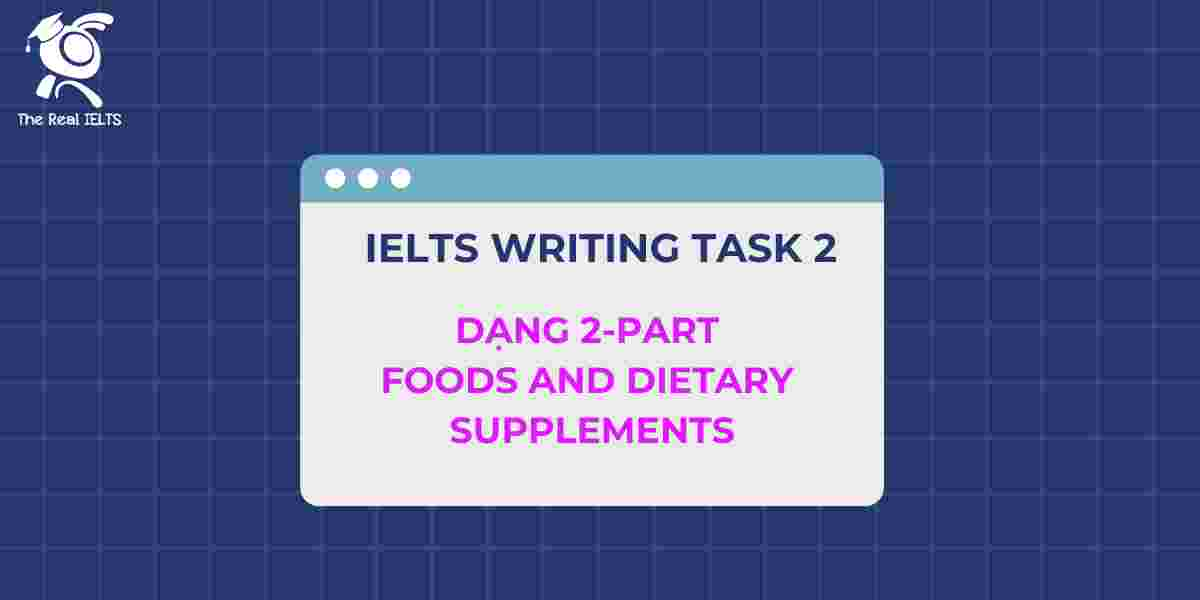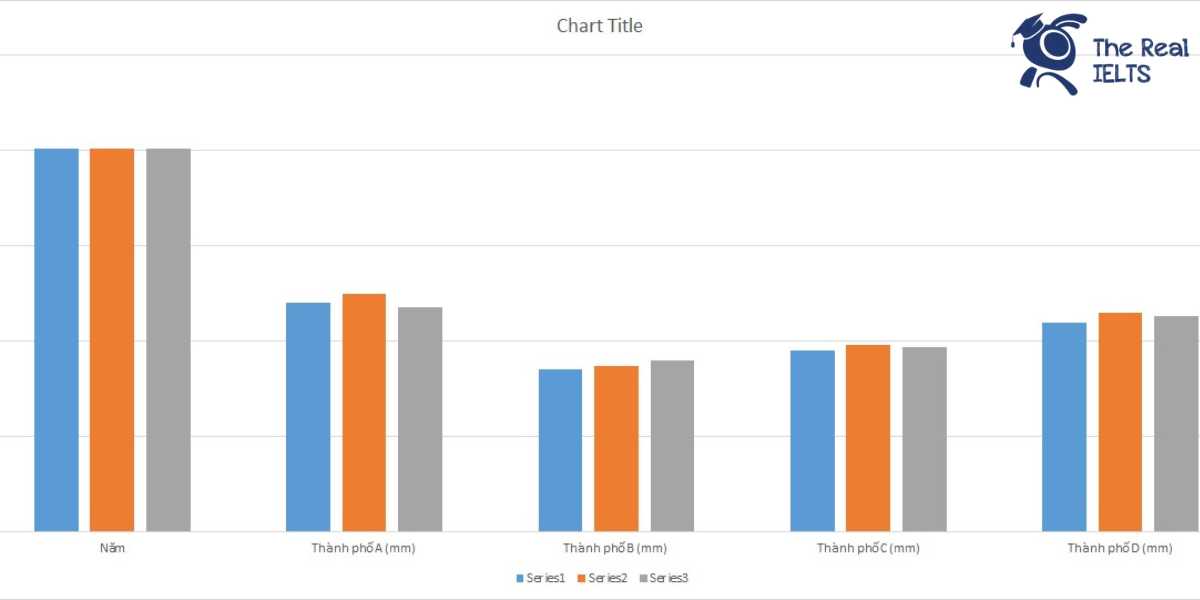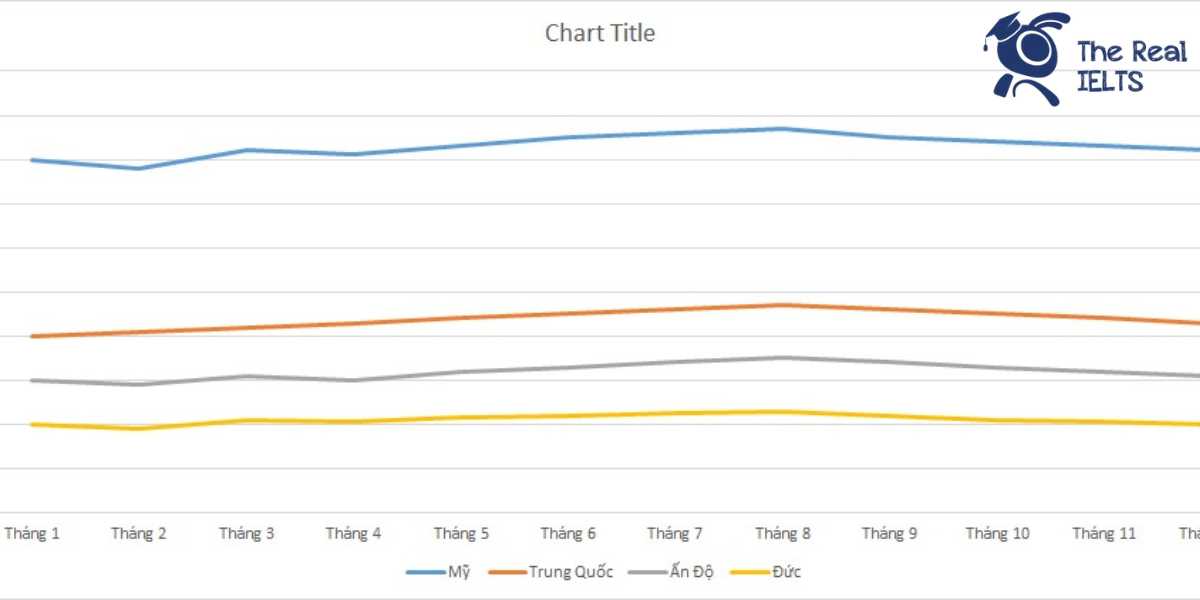Đề thi IELTS Reading có tiêu đề “The Benefits of Learning Multiple Languages”
Nhớ đọc thêm các bài luyện thi IELTS nhé.
IELTS Reading: “The Benefits of Learning Multiple Languages“
Learning multiple languages offers a myriad of benefits that extend beyond simple communication. In today’s globalized world, the ability to speak more than one language is increasingly valuable, not just for personal growth but also for professional advancement, cognitive development, and cultural understanding.
One of the most significant advantages of being multilingual is the cognitive boost it provides. Research has shown that learning and using multiple languages enhances brain function, particularly in areas related to memory, problem-solving, and critical thinking. Bilingual or multilingual individuals often exhibit greater cognitive flexibility, which means they are better at switching between tasks and adapting to new situations. This mental agility can also delay the onset of cognitive decline and reduce the risk of neurodegenerative diseases like Alzheimer’s.
Moreover, learning multiple languages improves one’s understanding of different cultures and fosters empathy. Language and culture are deeply intertwined; by learning a new language, individuals gain insights into the values, traditions, and ways of thinking of other cultures. This cultural awareness promotes tolerance and reduces prejudice, enabling people to build stronger, more meaningful relationships with those from different backgrounds. In an increasingly interconnected world, this cultural competence is invaluable, as it allows individuals to navigate diverse social environments with ease and respect.
In the professional realm, being multilingual opens up a wide range of opportunities. As businesses expand globally, there is a growing demand for employees who can communicate effectively with clients and partners from various linguistic backgrounds. Multilingual individuals are often more competitive in the job market, as they can bridge communication gaps and facilitate international collaborations. Additionally, the ability to speak multiple languages is a valuable asset in fields such as diplomacy, tourism, and international law, where cross-cultural communication is essential.
Beyond cognitive and professional benefits, learning multiple languages also enhances personal development. The process of acquiring a new language requires discipline, patience, and perseverance, all of which are valuable life skills. It also encourages curiosity and a lifelong love of learning, as language learners are often motivated to explore new ideas, literatures, and philosophies. Furthermore, speaking multiple languages can boost self-confidence, as it empowers individuals to travel, work, and interact in diverse environments without the fear of language barriers.
In educational settings, students who learn multiple languages tend to perform better academically. Studies have indicated that multilingual students often excel in subjects such as mathematics, science, and reading comprehension. This is partly because the process of learning a new language involves mastering complex grammatical structures and expanding vocabulary, which enhances overall linguistic and analytical abilities. Additionally, multilingual students develop a greater appreciation for literature and the arts, as they can access a wider range of cultural works in their original languages.
The social benefits of being multilingual are also noteworthy. Individuals who speak multiple languages can connect with a broader network of people, forming friendships and professional relationships across different linguistic communities. This ability to communicate in various languages fosters inclusivity and allows individuals to participate in diverse social groups, enriching their personal and social lives. Moreover, multilingualism can enhance family relationships, particularly in households where different languages are spoken. It enables family members to communicate more effectively and maintain strong connections across generations.
In conclusion, the benefits of learning multiple languages are extensive and multifaceted. From cognitive enhancements and professional advantages to cultural understanding and personal growth, multilingualism offers numerous rewards that enrich various aspects of life. As the world becomes more interconnected, the ability to speak multiple languages will continue to be an invaluable skill, opening doors to new opportunities and fostering a deeper understanding of the diverse world we live in.
Đề bài thi IELTS Reading
Multiple Choice (10 questions)
- Which of the following is a cognitive benefit of learning multiple languages?
- A. Improved physical health
- B. Enhanced brain function
- C. Better handwriting skills
- D. Increased artistic creativity
- What cultural benefit is associated with learning multiple languages?
- A. Better social media presence
- B. Enhanced tolerance and empathy
- C. Increased physical fitness
- D. Improved time management
- Why are multilingual individuals more competitive in the job market?
- A. They can work longer hours
- B. They have higher IQs
- C. They can bridge communication gaps
- D. They are better at manual labor
- In which professional fields is multilingualism particularly valuable?
- A. Medicine and engineering
- B. Diplomacy and tourism
- C. Agriculture and construction
- D. Manufacturing and retail
- What personal quality is enhanced by the process of learning a new language?
- A. Patience
- B. Strength
- C. Cooking skills
- D. Fashion sense
- How does multilingualism affect academic performance?
- A. It leads to higher grades in physical education
- B. It improves performance in mathematics and reading comprehension
- C. It reduces interest in science subjects
- D. It negatively impacts artistic abilities
- What social benefit is associated with being multilingual?
- A. Increased loneliness
- B. Broader social networks
- C. Reduced ability to communicate
- D. Decreased social interactions
- Why is multilingualism beneficial in diverse social environments?
- A. It makes people less social
- B. It fosters inclusivity and better relationships
- C. It limits communication to a single language
- D. It creates language barriers
- What is a professional advantage of being multilingual?
- A. Higher physical endurance
- B. Ability to work in isolation
- C. Effective cross-cultural communication
- D. Greater artistic talent
- How does learning multiple languages influence family relationships?
- A. It weakens family bonds
- B. It enhances communication within multilingual households
- C. It leads to more conflicts
- D. It decreases understanding between generations
True/False/Not Given (10 questions)
- Learning multiple languages can improve one’s physical health.
- True
- False
- Not Given
- Bilingual individuals have a greater ability to switch between tasks.
- True
- False
- Not Given
- Learning multiple languages can delay the onset of Alzheimer’s disease.
- True
- False
- Not Given
- Cultural awareness from learning languages promotes prejudice.
- True
- False
- Not Given
- The ability to speak multiple languages is only beneficial for personal relationships.
- True
- False
- Not Given
- Multilingualism limits one’s understanding of different cultures.
- True
- False
- Not Given
- Learning multiple languages can enhance one’s confidence when traveling.
- True
- False
- Not Given
- Students who are multilingual tend to have lower academic performance.
- True
- False
- Not Given
- Multilingual individuals can form stronger social connections across different linguistic communities.
- True
- False
- Not Given
- Speaking multiple languages has no effect on professional opportunities.
- True
- False
- Not Given
Yes/No/Not Given (5 questions)
- Does the author believe that multilingualism is essential in today’s globalized world?
- Yes
- No
- Not Given
- Does the author think that learning multiple languages is primarily beneficial for children?
- Yes
- No
- Not Given
- Does the author suggest that multilingualism leads to better physical fitness?
- Yes
- No
- Not Given
- Does the author argue that multilingualism enhances professional competitiveness?
- Yes
- No
- Not Given
- Does the author imply that learning multiple languages is a waste of time?
- Yes
- No
- Not Given
Matching Headings (5 questions)
Match the following headings to the appropriate paragraphs in the passage:
- Cognitive benefits of multilingualism
- A. Paragraph 1
- B. Paragraph 2
- C. Paragraph 3
- D. Paragraph 4
- Cultural understanding through language learning
- A. Paragraph 2
- B. Paragraph 3
- C. Paragraph 4
- D. Paragraph 5
- Professional advantages of being multilingual
- A. Paragraph 1
- B. Paragraph 2
- C. Paragraph 3
- D. Paragraph 4
- Personal development and lifelong learning
- A. Paragraph 2
- B. Paragraph 3
- C. Paragraph 4
- D. Paragraph 5
- Social benefits and inclusivity
- A. Paragraph 3
- B. Paragraph 4
- C. Paragraph 5
- D. Paragraph 6
Matching Sentence Endings (5 questions)
Match the beginnings of the sentences to their correct endings:
- Learning multiple languages can…
- A. …lead to reduced social interactions.
- B. …enhance cognitive flexibility and memory.
- C. …make people less adaptable.
- D. …limit communication to a single language.
- Multilingual individuals in the professional world…
- A. …struggle to communicate with others.
- B. …often face barriers in diverse environments.
- C. …are highly valued for their ability to bridge communication gaps.
- D. …have fewer job opportunities.
- Cultural awareness gained from language learning…
- A. …increases prejudice.
- B. …limits one’s understanding of others.
- C. …promotes tolerance and empathy.
- D. …has no effect on relationships.
- Students who learn multiple languages…
- A. …tend to perform poorly in school.
- B. …excel in academic subjects like mathematics.
- C. …are less likely to succeed in their studies.
- D. …have difficulty understanding complex concepts.
- Being multilingual allows individuals to…
- A. …communicate only within their own culture.
- B. …form stronger connections with diverse groups.
- C. …experience greater social isolation.
- D. …avoid interacting with others.
Sentence Completion (5 questions)
Complete the following sentences using information from the passage:
- One of the cognitive benefits of learning multiple languages is that it enhances __________.
- A. physical endurance
- B. cognitive flexibility
- C. artistic skills
- D. time management
- Learning a new language encourages __________ and a lifelong love of learning.
- A. frustration
- B. anxiety
- C. curiosity
- D. fear
- Multilingualism is particularly valuable in fields such as __________, where cross-cultural communication is essential.
- A. construction
- B. agriculture
- C. diplomacy
- D. retail
- Students who are multilingual often excel in subjects such as __________ and reading comprehension.
- A. history
- B. mathematics
- C. physical education
- D. music
- Learning multiple languages can boost self-confidence, especially in __________ environments.
- A. isolated
- B. familiar
- C. diverse
- D. rural
Đáp án bài thi IELTS Reading
Multiple Choice
- B. Enhanced brain function
- B. Enhanced tolerance and empathy
- C. They can bridge communication gaps
- B. Diplomacy and tourism
- A. Patience
- B. It improves performance in mathematics and reading comprehension
- B. Broader social networks
- B. It fosters inclusivity and better relationships
- C. Effective cross-cultural communication
- B. It enhances communication within multilingual households
True/False/Not Given
- False (The passage does not mention physical health benefits related to learning languages.)
- True
- True
- False (Cultural awareness promotes tolerance, not prejudice.)
- False (The passage states that multilingualism is beneficial for personal, professional, and social relationships.)
- False (Multilingualism enhances understanding of different cultures.)
- True
- False (Multilingual students tend to perform better academically.)
- True
- False (The passage discusses how multilingualism enhances professional opportunities.)
Yes/No/Not Given
- Yes (The author emphasizes the importance of multilingualism in a globalized world.)
- Not Given (The passage does not specifically mention children.)
- No (The passage does not suggest that multilingualism leads to better physical fitness.)
- Yes (The author states that multilingualism enhances professional competitiveness.)
- No (The author views learning multiple languages as beneficial, not a waste of time.)
Matching Headings
- A. Paragraph 1 – Cognitive benefits of multilingualism
- B. Paragraph 2 – Cultural understanding through language learning
- D. Paragraph 4 – Professional advantages of being multilingual
- C. Paragraph 4 – Personal development and lifelong learning
- C. Paragraph 5 – Social benefits and inclusivity
Matching Sentence Endings
- B. …enhance cognitive flexibility and memory.
- C. …are highly valued for their ability to bridge communication gaps.
- C. …promotes tolerance and empathy.
- B. …excel in academic subjects like mathematics.
- B. …form stronger connections with diverse groups.
Sentence Completion
- B. cognitive flexibility
- C. curiosity
- C. diplomacy
- B. mathematics
- C. diverse
Luyện tập bài khác ở bài viết:”100 bài luyện IELTS Reading 2024 – 2025“















